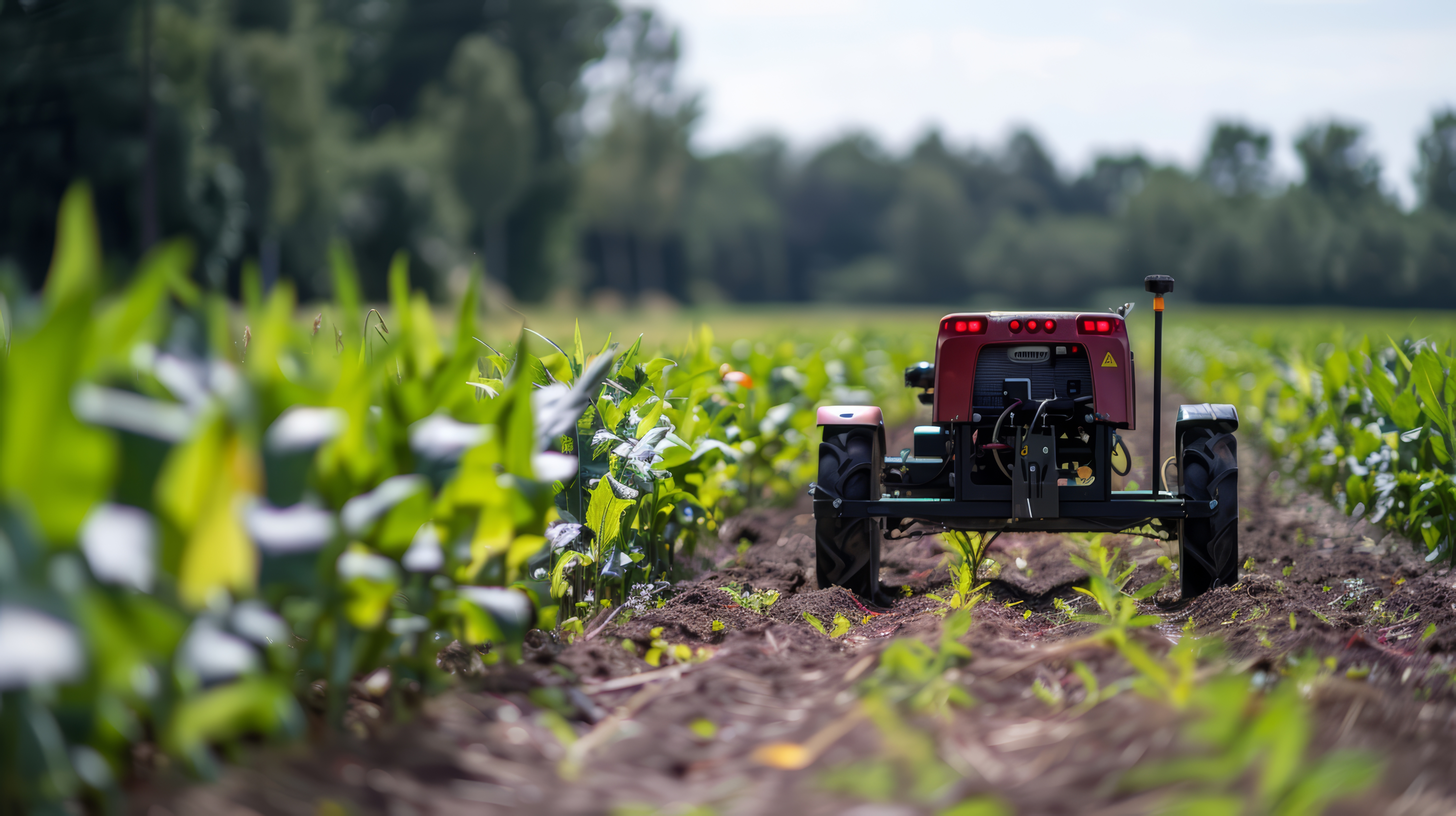Innovation Habits – Challenging Generalisations
With so much information available, people make generalisations to simplify and make sense of the world. These can be helpful - but at the same time the process of simplification, based on generalisations, can limit thinking, creating the fixed mindsets that are an anathema to innovation.
However if the generalisations are recognised and proactively tested, searching for new patterns and connections might create the new insights that lead to innovative solutions.
Many generalisations hold true, irrespective of context:
- Increased carbon emissions are increasing global temperatures and leading to climate change - so further net increases in carbon emissions will increase climate change.
- Contagious respiratory illnesses such as Covid-19 are transmitted through airborne droplets and contact - so extended exposure to a person infected with Covid in enclosed with contaminated surfaces will increase the likelihood of transmission.
- Profit is not the same as cash - so companies that are profitable can still fail due to cash liquidity problems.
People do not always need to understand the detailed analysis behind the above, but they do need to be confident they hold true so they can take independent action to, for example, slow down climate change, reduce respiratory illness contagion rates, and help companies avoid failure due to a lack of liquidity.
There are generalisations that may or may not hold true all the time but are commonly perceived as true or false. Different contexts meant these generalisations might mask important information that constrains future exploration and deeper understanding. These types of generalisations might be:
- Past performance is an indicator of future performance - this can be shown to be untrue through a range of examples with the most obvious examples associated with sport, investment, and employee performance. As context changes, what has worked well in the past may not apply in the future.
- Increasing government investment will lead to improved outcomes - government policy and investment decisions deal with issues that are naturally complex, so spending more money on specific interventions that 'sounds reasonable' as standalone actions does not guarantee success. There may often have unintended consequences that make the overall situation worse. Increasing investment in the NHS, policing and education have not always led to improved health outcomes, less crime, or a highly skilled workforce.
- Changing culture takes time - disruptive events show this is not always the case. The Covid-19 pandemic is a prime example that has led to a revolution in working practices. Remote working is not only technologically feasible but has changed the way that companies deliver their core services in ways that would have taken years to make happen through 'consultant-led culture transformation programmes'. The mix of how people, process, technology, and culture interact has changed irreversibly for every organisation.
Nonetheless, these generalisations can still be useful, particularly when dealing with uncertainty. But the limit of their application needs to be understood. If taken as 'truisms' or 'rules' that apply in all contexts at all times - they will stifle innovation and curtail the curiosity that leads to long-term sustainable value creation.
Leadership and Innovation - The Problem of Experience

Unfortunately, business leaders do not always recognise the importance of the link between experience and context, reusing their same ‘proven success formulae’ in new roles - relying on specifics that worked in the past at a single point in time. But which may not be relevant.
Context means that previous successes may have only been transient and failed to deliver long-term value. The delivery of large infrastructure projects in the UK to time and budget provide interesting insights.
The Infrastructure Projects Authority's Government Major Projects Portfolio Report 2021-22, provides an insightful assessment of the state of the UK's most complex major projects in terms of their Delivery Confidence Assessments (DCAs) - the position is one of mediocrity and little improvement over time. Of 221 projects, 24 were rated as green (11%), 170 were assigned amber (77%) and 27 were rated as red (12%).
Looking at the project DCAs in terms of whole life cost shows provides greater insight and shows an even more mediocre position in that:
"Of the £629bn whole life cost, 6% of spend was rated as green (£37bn), 84% was rated as amber (£530bn) and 10% was rated as red (£63bn).
In essence, the average whole-life cost of the most highly rated projects was lower than the rest - noting that project whole-life cost has a strong correlation with complexity.
Over the year, 35% of the projects DCAs had improved (red to amber, or amber to green), 43% had remained the same and 22% had worsened. Looking back over the past 10 years shows little difference - or maybe even a worse position - with changes in the rating system making it difficult to be precise.
Yet many of the leaders and their teams that have been involved in previous successes, often selected based on experience, have moved into roles where the same leadership formulae have led to a decrease in performance. This is not necessarily a reflection on capability or experience - but it demonstrates the importance of that experience and its value context. Different formulae are needed in different situations.
Walter Frick, in his HBR article Serial Entrepreneurs Aren’t Any More Likely to Succeed refers to a study of over 8,000 German entrepreneurs concluded:
"Previously successful entrepreneurs were no more likely to succeed in their next venture, and that previously failed founders were more likely to fail than novice entrepreneurs".
The research highlights the fact that ability trumps experience when it comes to adapting to different challenges.
One conclusion from the above is that in many cases, ability means leaders are more capable to deal with changes in context and those with deep sector knowledge and experience.
Skunkworks - A Problem of Generalisation
Many leaders have used skunkworks as a means of creating quantum leaps in innovation - but this does not work in all organisations due to different contexts. Disadvantages such as employee jealousy, company mission drift and devaluing subject matter expertise conflict with the removal of constraints that, in a skunkworks environment, can accelerate innovation.
The original architects of a skunkworks approach, Lockheed Martin, delivered some outstanding results - not least the U2 spy plane and the first supersonic fighter jets. But Kelly Johnson, the original leader of the skunkworks division, famously logged in his notebook:
"Airplane essentially completed. Terrifically long hours. Everybody almost dead".
Counter to common narratives, what became known as 'Kelly's 14 rules', were not in fact out of step with Lockheed Martin's core business approach - many would just be recognised today as strong project governance, delegation of responsibility, talent selection, failing fast, process improvement and lean principles. Some what might be described as surprising examples, are:
- "There must be a minimum number of reports required, but important work must be recorded thoroughly".
- "There must be a monthly cost review covering not only what has been spent and committed but also projected costs to the conclusion of the program. Don't have the books 90 days late, and don't surprise the customer with sudden overruns".
- "There must be mutual trust between the military project organization and the contractor with very close cooperation and liaison on a day-to-day basis. This cuts down misunderstanding and correspondence to an absolute minimum".
Rather than it being a loosely controlled break-out from the Lockheed Martin core business with its own counter-culture - Lockheed Martin's skunkworks programme was founded on a proven framework combining programme management, people management and client-supplier collaboration practice.
The misunderstanding of context and generalisations about the 'skunkworks' approach has led to many failed attempts to deliver similar results. Adam Richardson's HBR Article "Considering a Skunk Works? Think Again" highlights that many companies fail to secure long-term benefit after what is described as an initial burst of excitement and interesting ideas - "having a one-off innovative product and quite another to have a ubiquitous innovation process".
Richardson describes Motorola's development of the Razr phone by a small group within Motorola, which led to 2 million sales in the UK alone - but beyond this single product's success, Motorola was unable to do it again. Competitors caught up to the Razr’s benefits within two years, and Motorola never launched another phone with the same success and is no longer a serious competitor in the market - unlike Apple and Samsung whose innovation processes are part of the organisation-wide DNA.
One Habit to Challenge Generalisations
One of the simplest ways to challenge generalisations is to search for patterns and connections that might provide novel insights and new perspectives about long-held organisational and personal beliefs. Uncovering new patterns or making new connections helps increase understanding and the importance of context. What might be applicable or important in one area at a particular time may not be applicable or important in another. Searching for patterns and connections can deepen an understanding of how and why context varies when it comes to innovation - and how that understanding can be used to inform strategy, plans and actions moving forward.
Looking for factual and counter-factual information and asking the 'what-if' question for different scenarios will always increase the understanding of context - it tests the hypothesis of whether, or to what degree, the generalisation is true in that situation.
So what can we do?
To start with, develop the habit of challenging generalisations by searching for patterns and connections that create novel insights and new perspectives about long-held industry, organisational, and team beliefs.
And use the increased understanding of context and experience to deliver better results.
"The great enemy of the truth is very often not the lie, deliberate, contrived and dishonest, but the myth, persistent, persuasive and unrealistic".
John F Kennedy
Innovation Habits
Changing habits is hard - it means doing things differently and sticking with the new ways.
Stickiness is a challenge for not just individuals, but for organisations and industries – change initiatives often peter out over time and old unwanted habits return.
To help overcome this, we have identified 9 habits that anyone or any organisation can develop to increase innovation. But because changing habits is hard, it's best to start with only one, maybe two, and take some very small steps that just get you started.
- Create time to think at work
- Challenge generalisations
- Exchange knowledge on multiple interests
- Be curious about problems and their opportunities
- Create something
- Take something apart
- Learn from failure and success
- Celebrate successes
- Be a role model for positive habits
The first step might be challenging generalisations.




